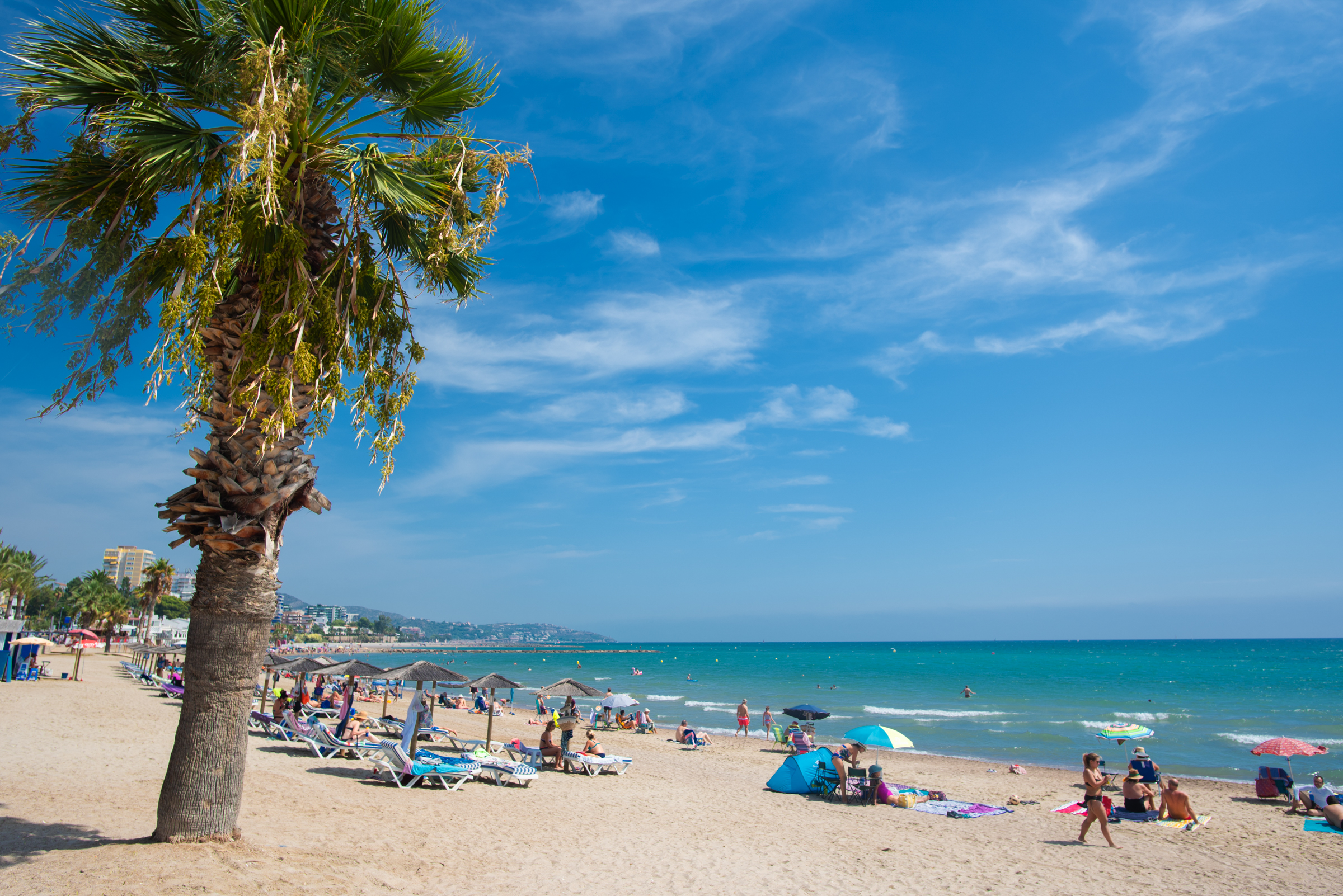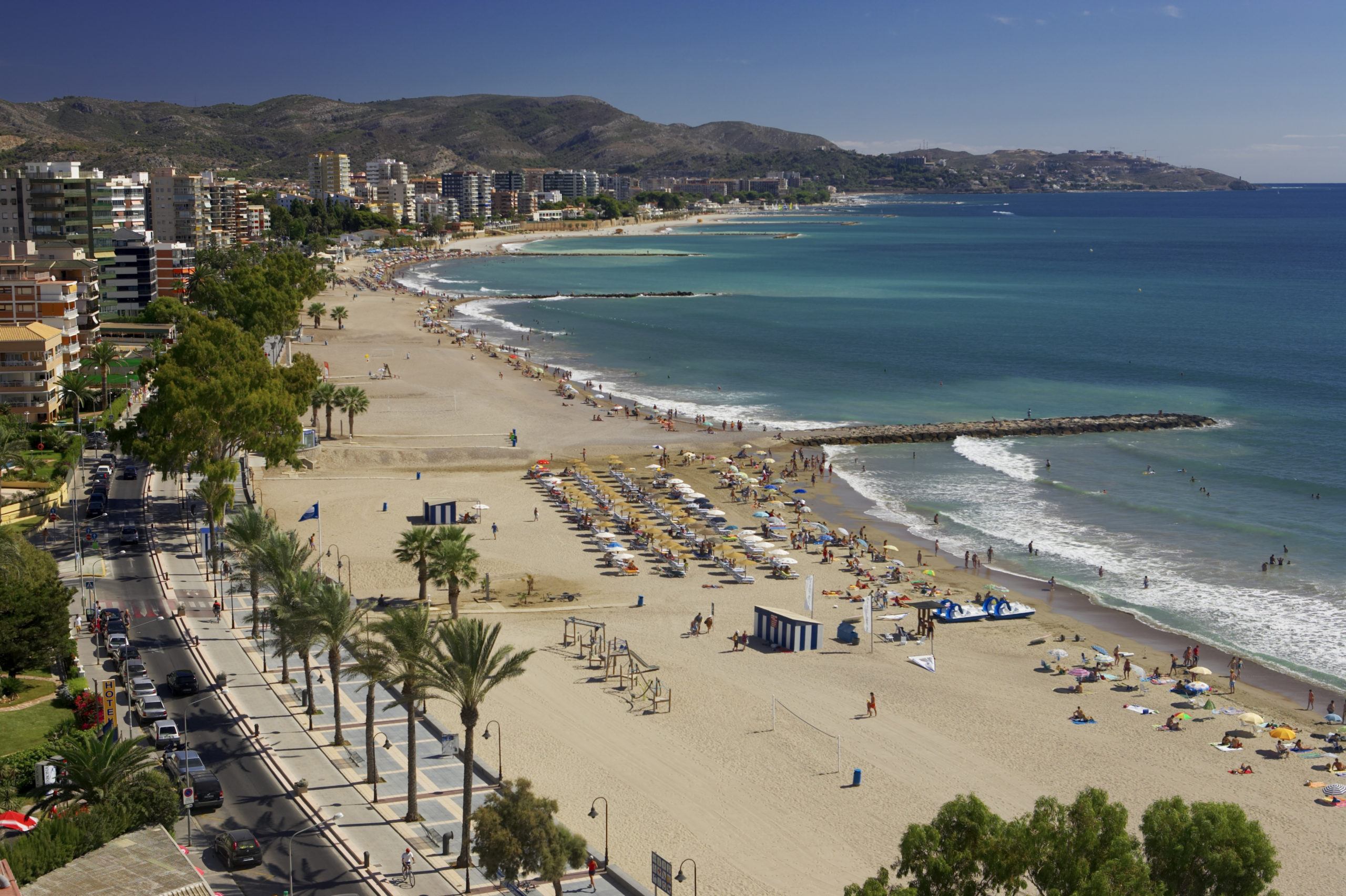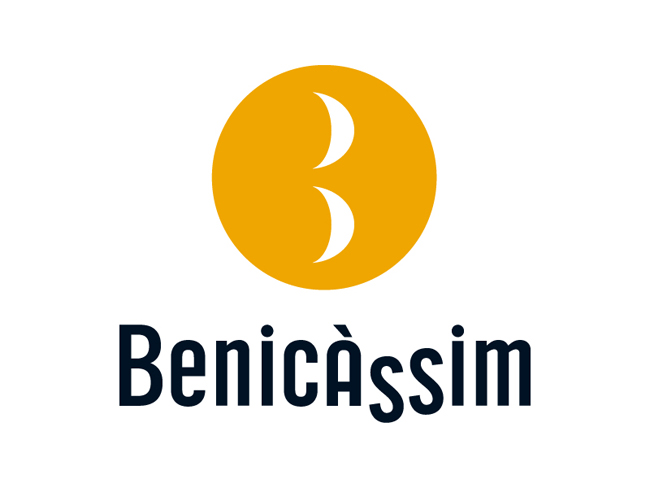Tourist Info Benicàssim, following the recommendations of the Q of quality that we have implemented in our office, a series of recommendations are set out below to help tourists to make their trip an enriching experience.
The advices presented are based on the World Tourism Organization’s Global Code of Ethics for Treatment, and are part of “The Responsible Tourist and the Responsible Traveler”.
Travel and tourism should be conceived and practiced as a means of personal and collective development. If undertaken with an open mind, they are an irreplaceable factor in self-education, mutual tolerance and learning about legitimate differences and cultures and their diversity.
We all have a role to play in generating responsible travel and tourism. Governments, businesses and communities should certainly strive to do so by all means, but you too, as a visitor, can significantly support this goal in many ways:
- Be open to cultures and traditions different from your own: your experience will be transformed, you will gain the respect of the local population, and they will welcome you more easily. Be tolerant and respectful of diversity; observe local traditions and social and cultural practices.
- Respect human rights. Any form of exploitation violates the fundamental objectives of tourism. Sexual exploitation of children is a punishable offense, both in the place where it takes place and in the country of residence of the perpetrator.
- Help to preserve the natural environment. Protect wild flora and fauna and their habitat, and do not buy products made from endangered plants or animals.
- Respect cultural resources. Tourism activities should be practiced with respect for artistic, archeological and cultural heritage.
- Your trip can contribute to economic and social development. Buy local crafts and products to support the local economy, and adhere to the principles of fair trade. When bargaining, keep in mind the concept of fair wages.
- Before leaving on your trip, find out about the current health situation at your destination and the accessibility of consular and emergency services there, and make sure that your health and personal safety will not be at risk. Make sure that your specific needs (food, accessibility or medical care) are covered there before you decide to travel to a particular destination.
- Gather as much information as possible about your destination, and take time to understand its customs, norms and traditions. Avoid behavior that may offend the local population.









